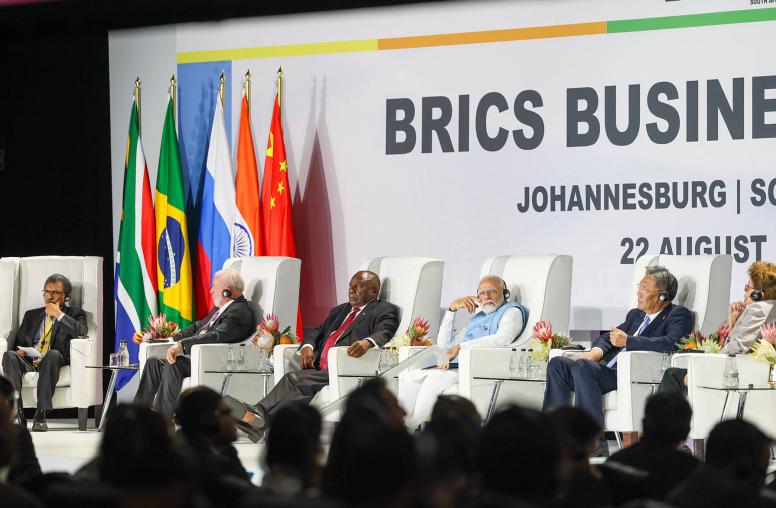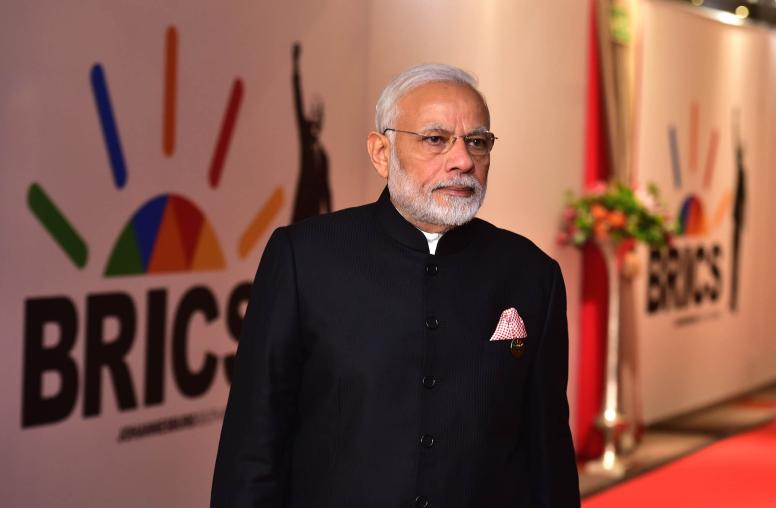Kashmir Line of Control and Grassroots Peacebuilding
India and Pakistan have been in a territorial conflict over the Kashmir region since 1947, the year both nations were carved out of British India. The de facto border between the Indian and Pakistani controlled parts of the Kashmir Valley—known as the Line of Control (LoC)—has been the locus of repeated artillery exchange and friction despite a ceasefire agreed to in 2003. Drawn from interviews, a survey, and focus group discussions, this report evaluates the impact and relevance of grassroots peacebuilding efforts in the region. It reflects only the views of those who have been associated with cross-border trade, travel, and civil society cross-LoC interactions.
Summary
- India and Pakistan have been in conflict over Kashmir since 1947. In April 2005, a cross–Line of Control (LoC) bus service was launched between the Indian and Pakistani sides of Kashmir, followed by cross-LoC trade in 2008.
- A plurality of respondents on both sides felt that people-to-people contact and grassroots interactions have had some impact on the overall conflict; others regarded them as only symbolic.
- Most respondents believed that the impact of grassroots involvement is limited to a small group of divided families and traders, and that the processes have failed to expand, become institutionalized, or involve stakeholders.
- From 2008 to 2016, goods worth $754 million have been exchanged through cross-LoC barter trade, and the bus service has recorded nearly twenty-eight thousand visits.
- Cross-LoC interactions have led to a limited perception shift as well as nominal and nascent social linkages. The economic impact is limited to a small constituency and has failed to filter through into the larger society.
- Most respondents said that grassroots efforts cannot affect policies and that the process remains government driven. In Indian-administered Jammu and Kashmir, respondents were more hopeful. In Pakistan-administered Kashmir, an overwhelming majority felt that civil society was weak.
- Some of the weaknesses in grassroots peacebuilding, in the context of cross-LoC collaborations, were described as limited expansion, stringent checks, low or no impact on Kashmir’s political situation, and lack of stakeholders.
- Challenges include a tendency to overemphasize top-down approaches, strained India-Pakistan ties, lack of capacity of existing grassroots bodies, and poor linkages between grassroots and state structures in peacebuilding.
About the Report
This report evaluates the micro-impact of cross–Line of Control confidence-building measures, particularly trade and travel, between the Indian and Pakistani sides of Kashmir since 2005. Commissioned by the United States Institute of Peace, it is based on a survey, focus group discussions, and interviews with local traders, academics, and civil society members on both sides.
About the Authors
Pawan Bali has been a journalist for more than fourteen years, working on Indian-administered Jammu and Kashmir since 2005. She has been associated with cross–Line of Control collaborative work since 2008 and currently works as a communication and conflict resolution consultant based in Washington, DC. Shaheen Akhtar is currently an associate professor in and head of the department of International Relations at National Defence University, Islamabad. She has been engaged in conflict resolution and peacebuilding work on Kashmir for more than two decades.



